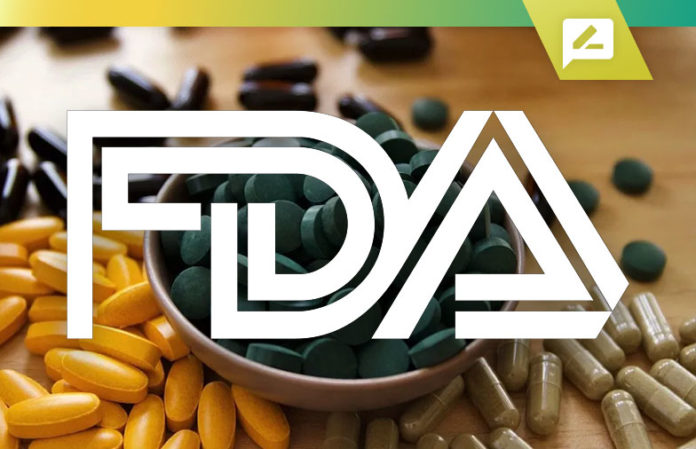
Supplements are defined as products containing one or a combination of vitamins, minerals, herbs or other botanicals, and amino acids.1The supplement industry generates significant sums of revenue; Dagerman1(173)noted that in 2009, said industry generated 26.7 billion dollars with 1,000 new supplements entering the consumer market yearly with an excess of 29,000 supplements available for purchase in total. With such a palette of choices, and a lack of quality control and regulation, consumers are placed at a potential health risk. The following will explore such regulatory issues and the impacts upon consumers.

According to Dagerman,1(174)supplement regulation and safety is not tightly overseen by the United States Food and Drug Administration (FDA). For example, between 1993 and 2003, the FDA received 2277 reports with adverse side effects from supplements containing ephedrine to include heart attacks, strokes, and death.1(175) Part of the challenge is that the FDA regulates supplements under a different set of regulations than those covering conventional foods and drugs.1(177)Drugs, for example, must be tested extensively to include both animal and human trials. Shortly thereafter, the data is sent to the Center for Drug Evaluation and Research (CDER) upon which statisticians, physicians, pharmacologists, and chemists perform a thorough review.1(177)

In contrast, the FDA has imposed a “hands off” approach to dietary supplement regulation thereby placing the responsibility, or lack thereof, upon the supplement manufacturer before supplements are marketed and sold.1(177) Such an unfavourable situation is worsened as the FDA is tasked with taking responsibility for adverse effects and safety issues after supplements have been marketed and sold to the general public.1(177)Finally, most supplement manufacturers do not have to register their products with the FDA deepening a lack of oversight from said agency. As such, consumers are exposed to adverse reactions, drug interactions, contamination, undeclared materials, insufficient labeling, and opportunity costs.1(180)
In conclusion, the supplement industry lacks sufficient oversight. One possible solution might include incentive plans for manufacturers, the federal government, and scientists to help tighten the regulatory gap that currently exists. Until such a change occurs, it is incumbent upon the consumer to exude vigilance when deciding to purchase and use supplements.
References
1. Dagerman M. Incentivizing safety in the supplement industry. Review of Litigation. 2012;31(1):173-207.
-Michael McIsaac
